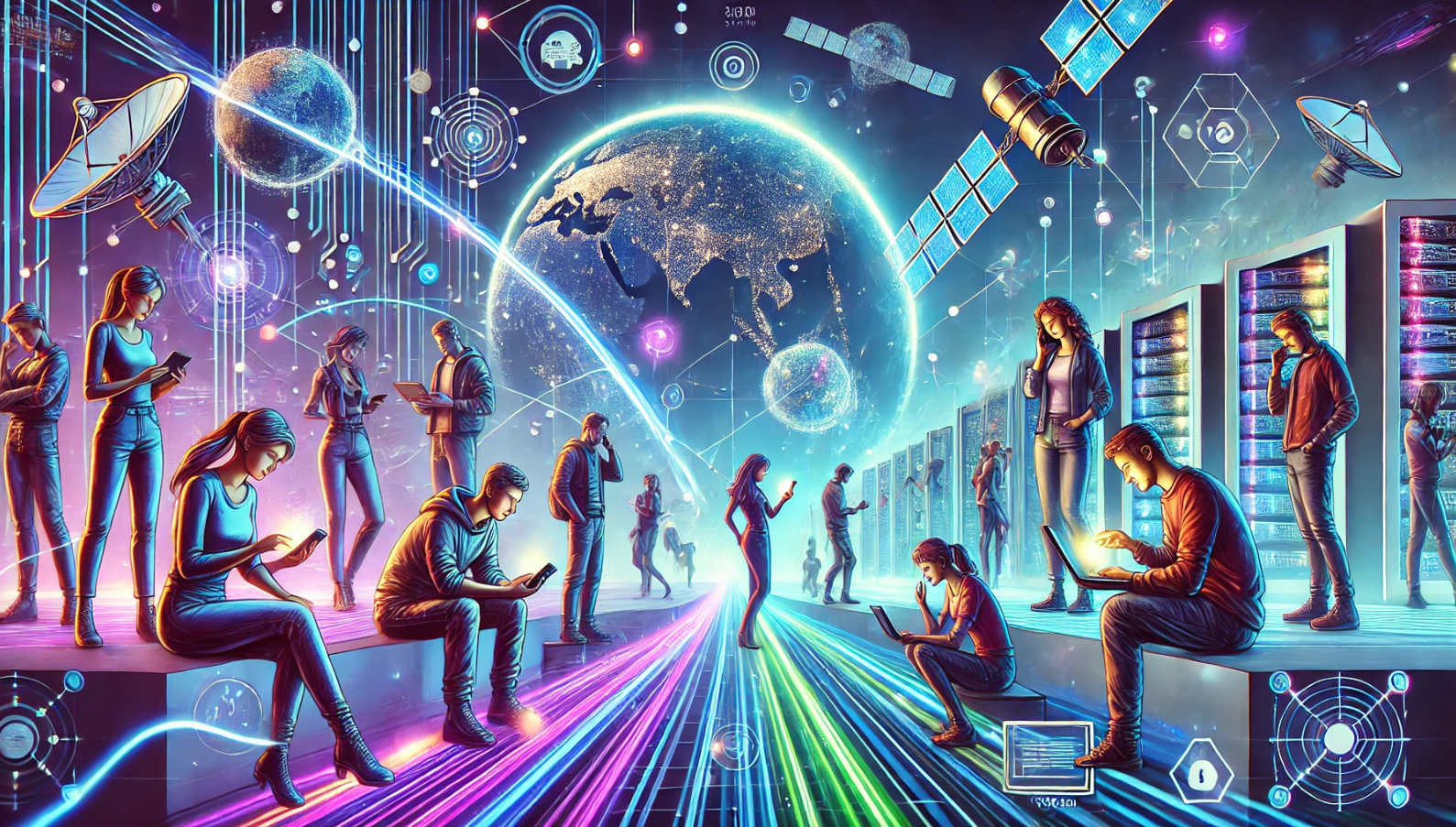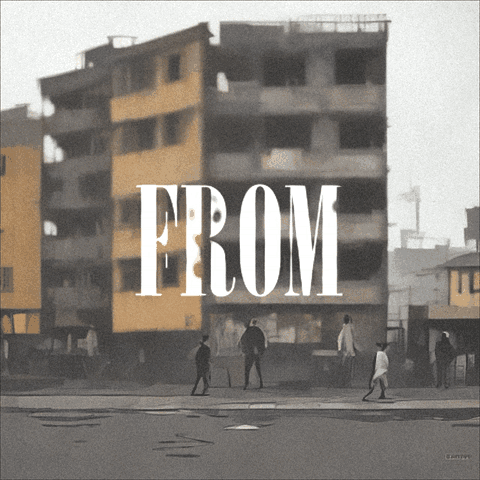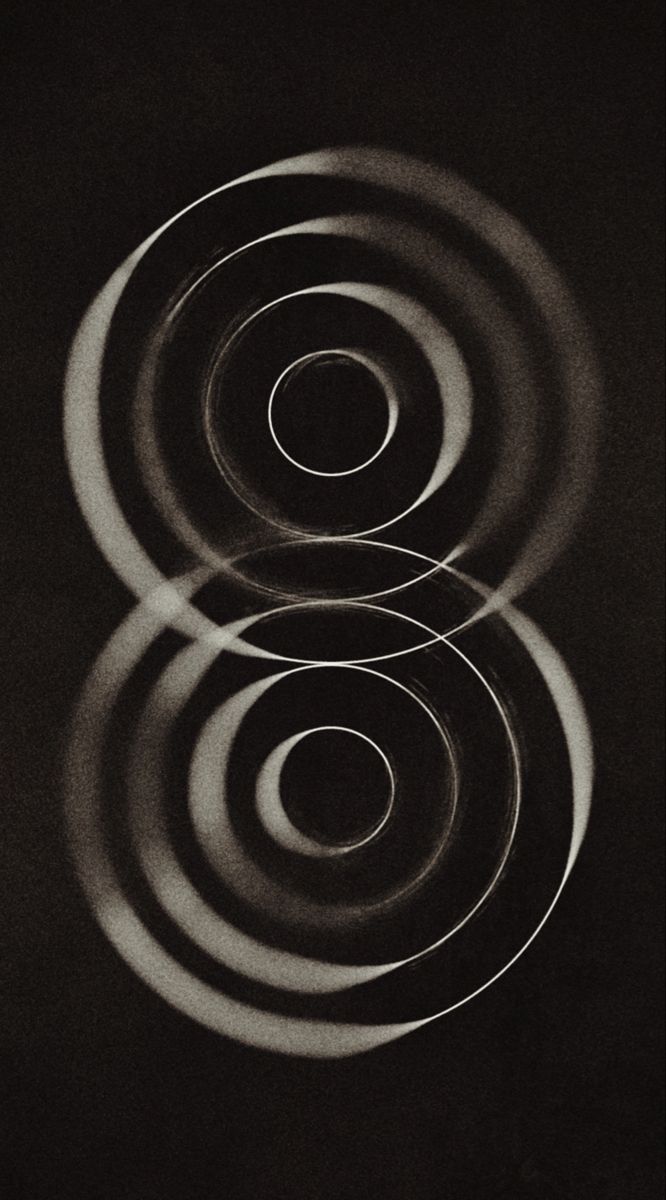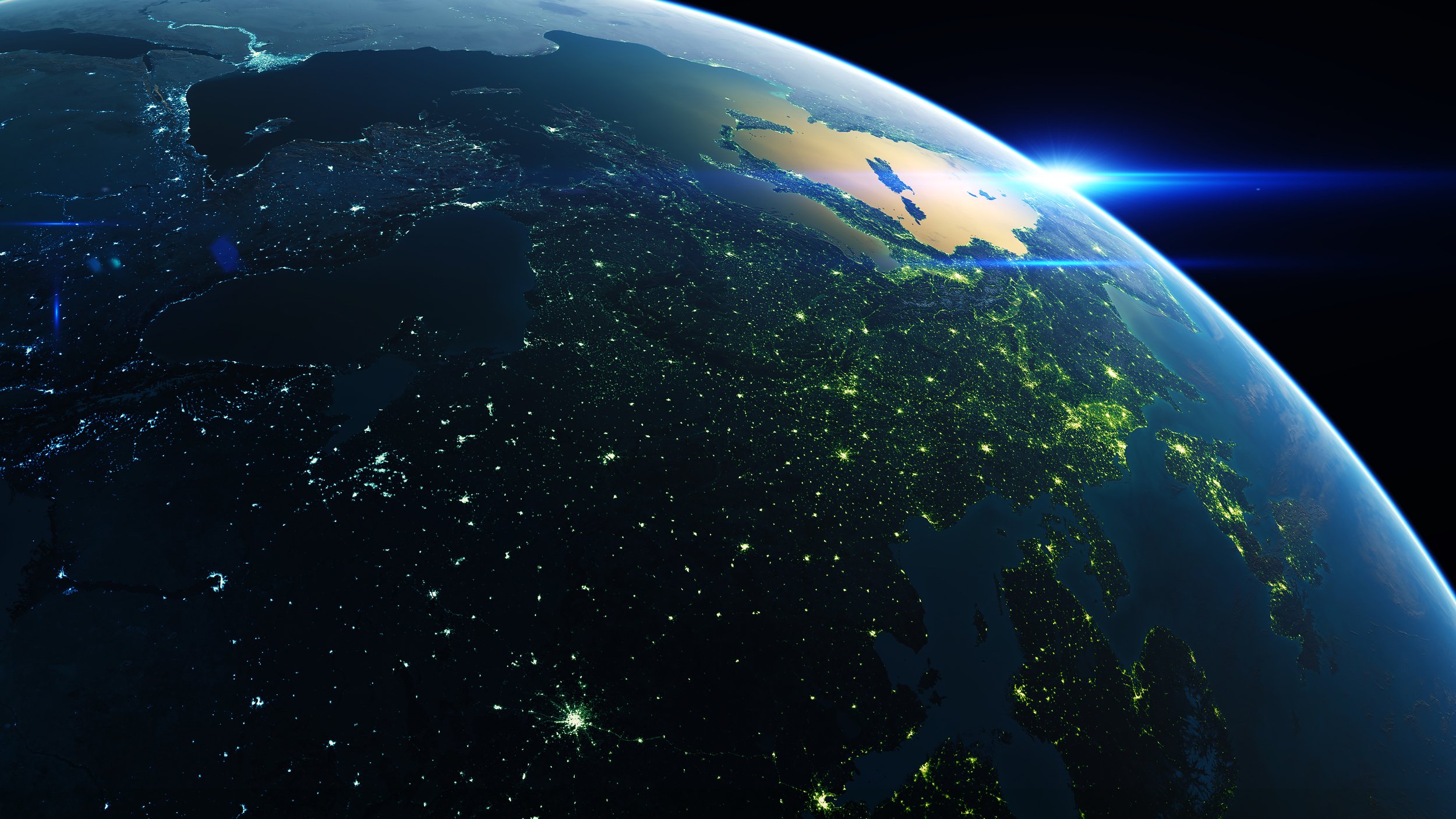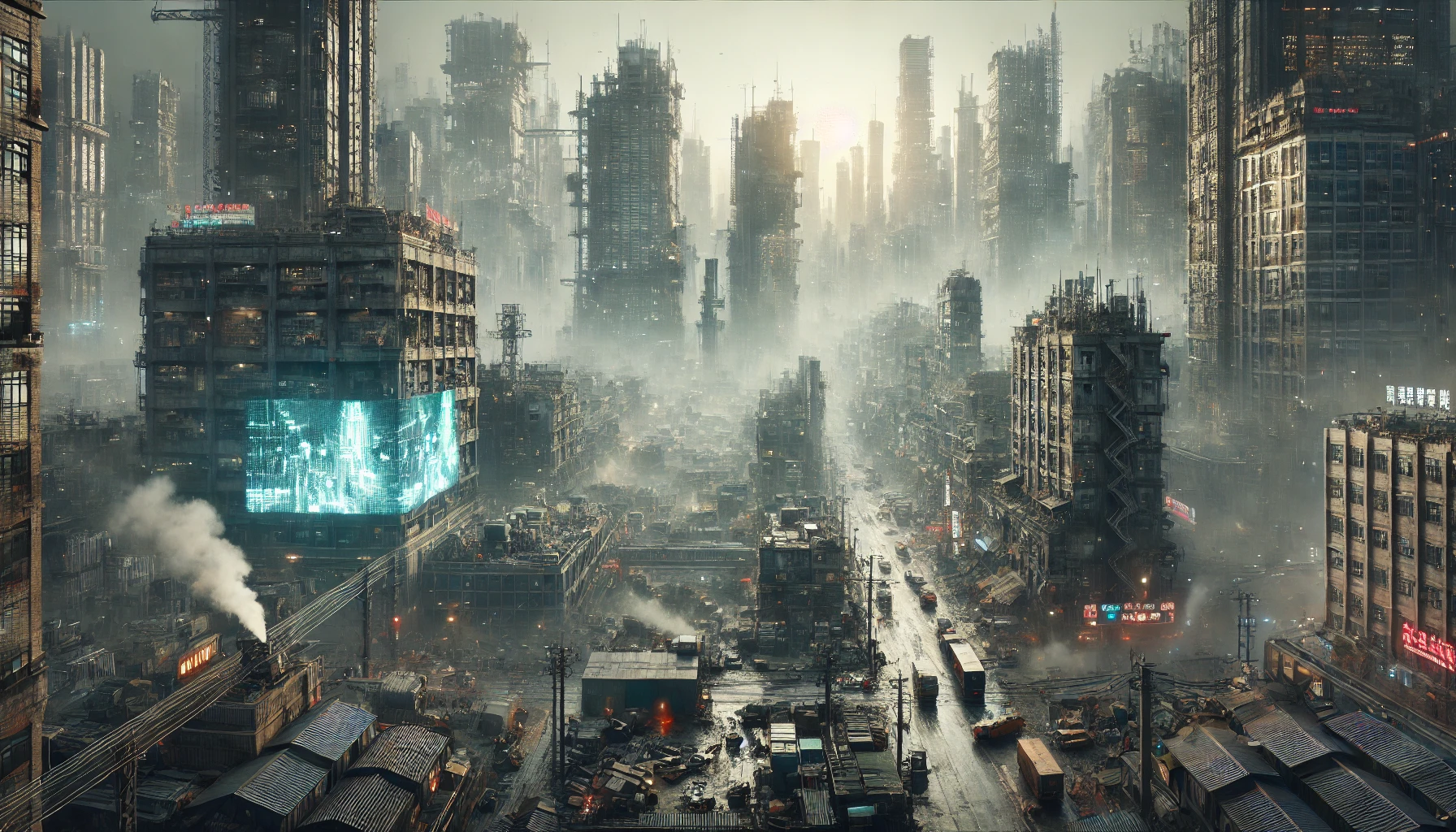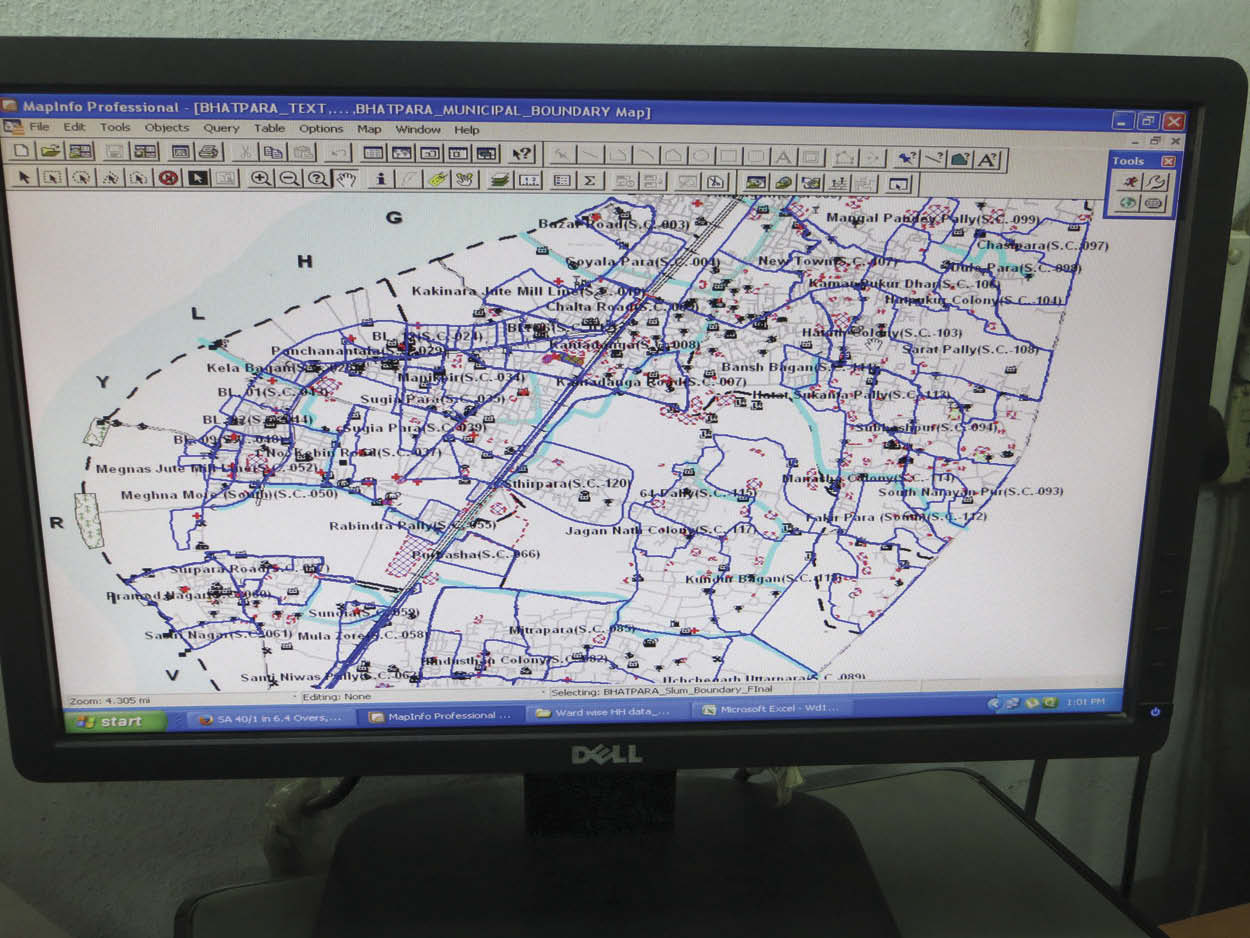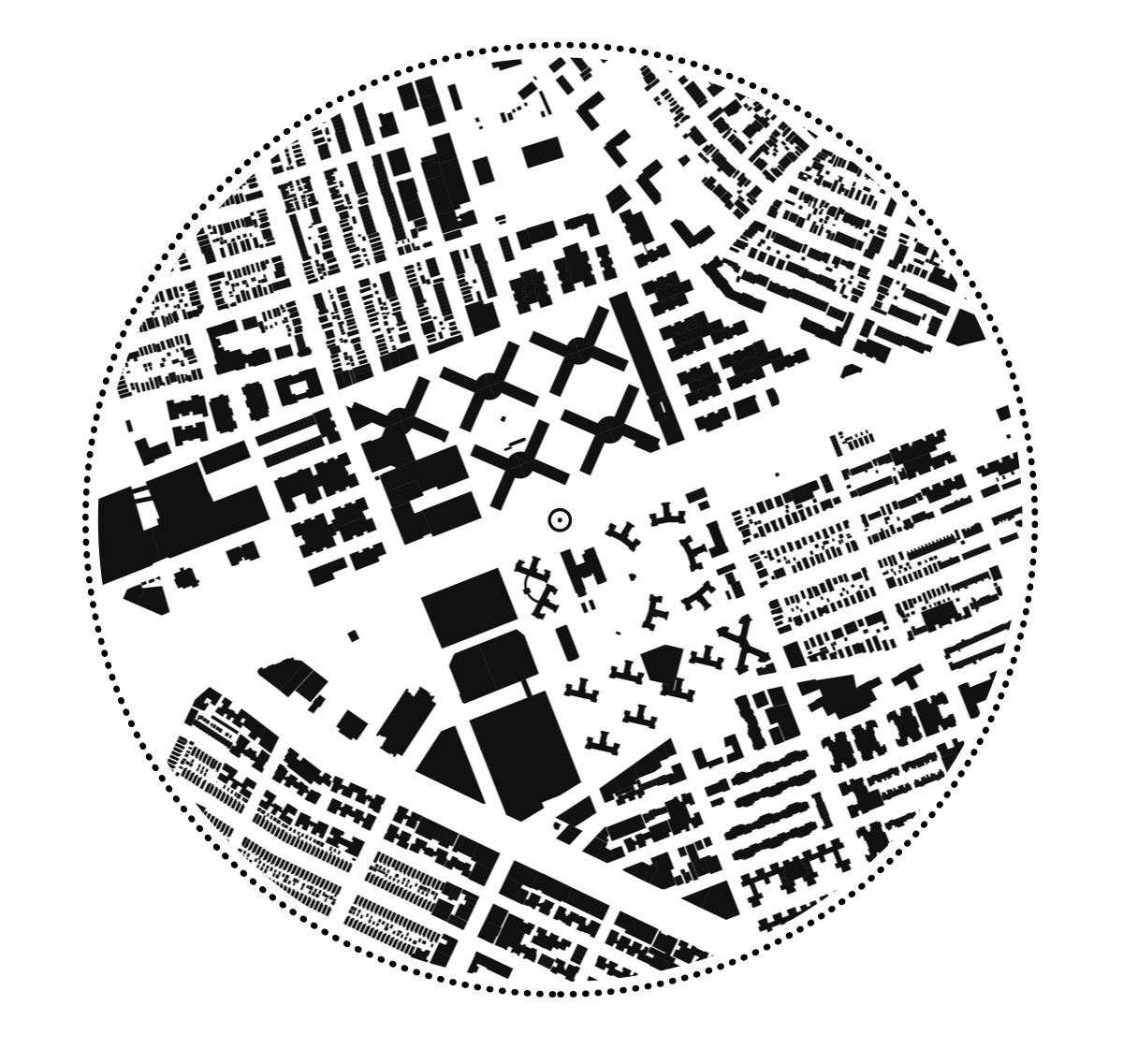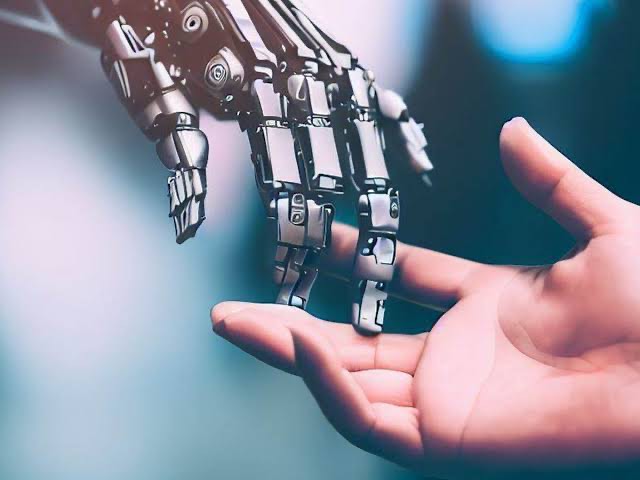Being critical in the era of Digital Cultures
How we interact with the digital world and with the digital tools that we have today? That is the question I asked myself at the beginning of this course. Digital cultures came to me as an experience to question the use of technology in the design and development of cities and societies, in the time … Read more

